SUMMARY
This is AI generated summarization, which may have errors. For context, always refer to the full article.
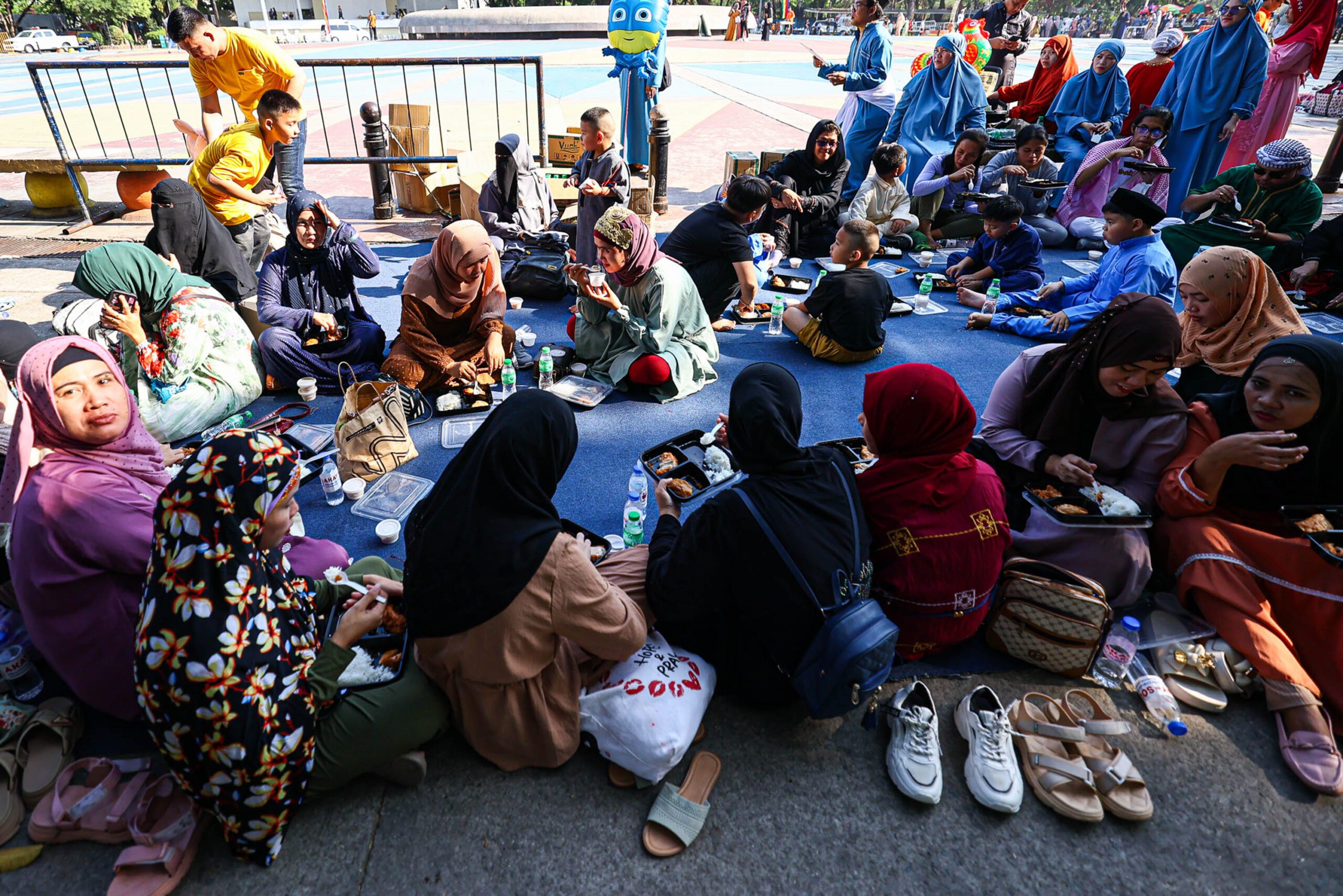
GENERAL SANTOS, Philippines – Muslims marked the end of Ramadan with Eid’l Fitr celebrations on Wednesday, April 10, emphasizing the importance of Zakat al-Fitr, a form of charity, as a means of purification and social welfare.
Ustadz Alnor Baghdad Mohammad Tan, an alim from the Mohammad Mosque in General Santos City, said Eid’l Fitr, aside from marking the end of a month-long fasting, celebrates the spiritual strength and endurance that the Almighty bestowed during Ramadan.
Amid the spiritual realizations and rejoicing, Eid’l Fitr is also a time for charity known as Zakat al-Fitr, Tan said.
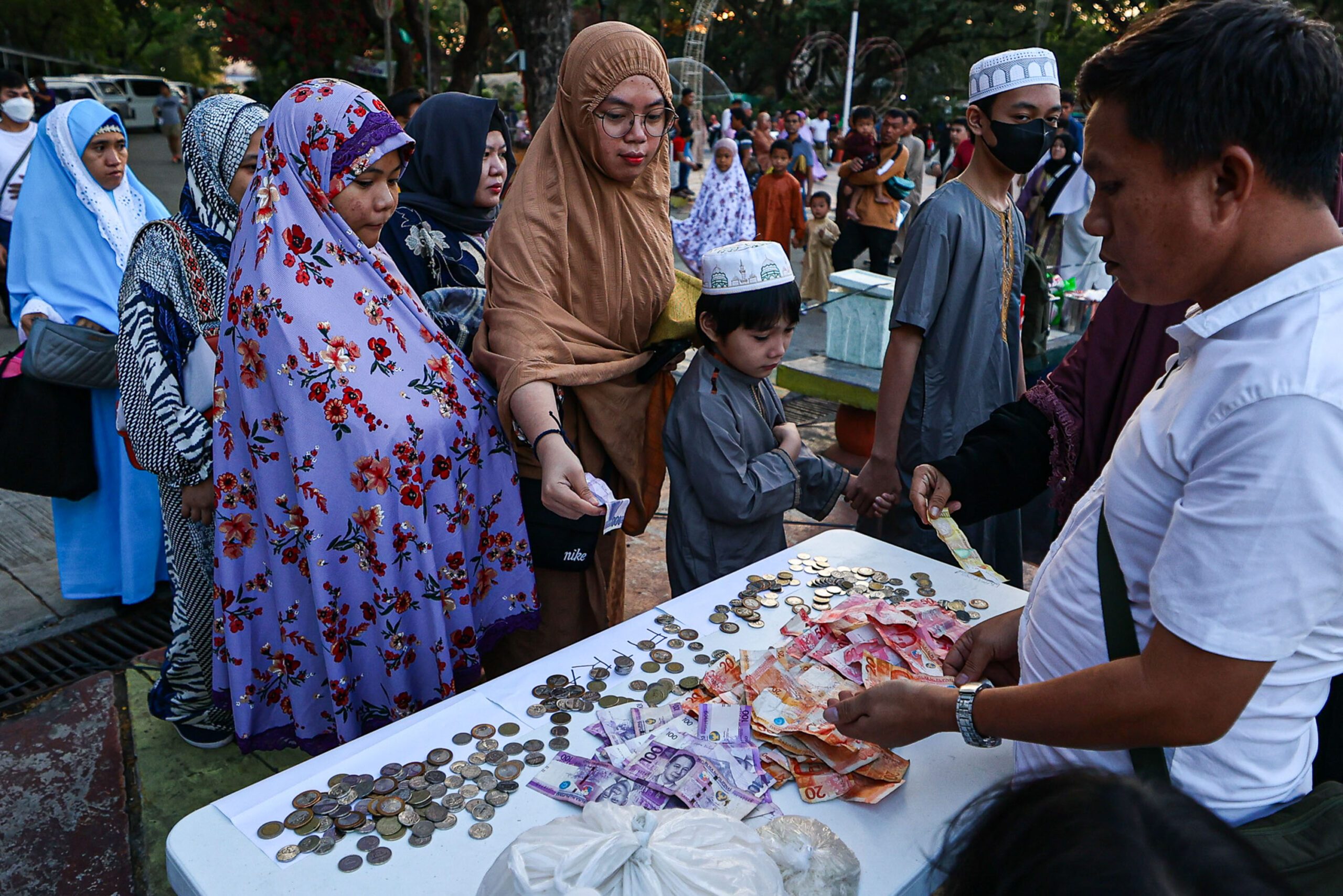
Zakat, one of the five pillars of Islam, is a religious obligation that embodies the principle that “everything in this world belongs to Allah, and we are mere stewards of all these,” Tan said on Wednesday.
Purification and growth
Zanjo Martin, a Muslim who works as a teacher at the Mindanao State University (MSU) in General Santos, said Zakat al-Fitr is considered a process of purification and growth for one’s wealth or possessions.
Possessions are purified by setting aside a portion of that wealth for those in need, he said.
“It is like pruning a plant. The cut portions grow back bigger and better,” Martin explained.
He pointed out that the annual zakat is different from sadaqah, which are gifts of money or in kind given out of generosity.
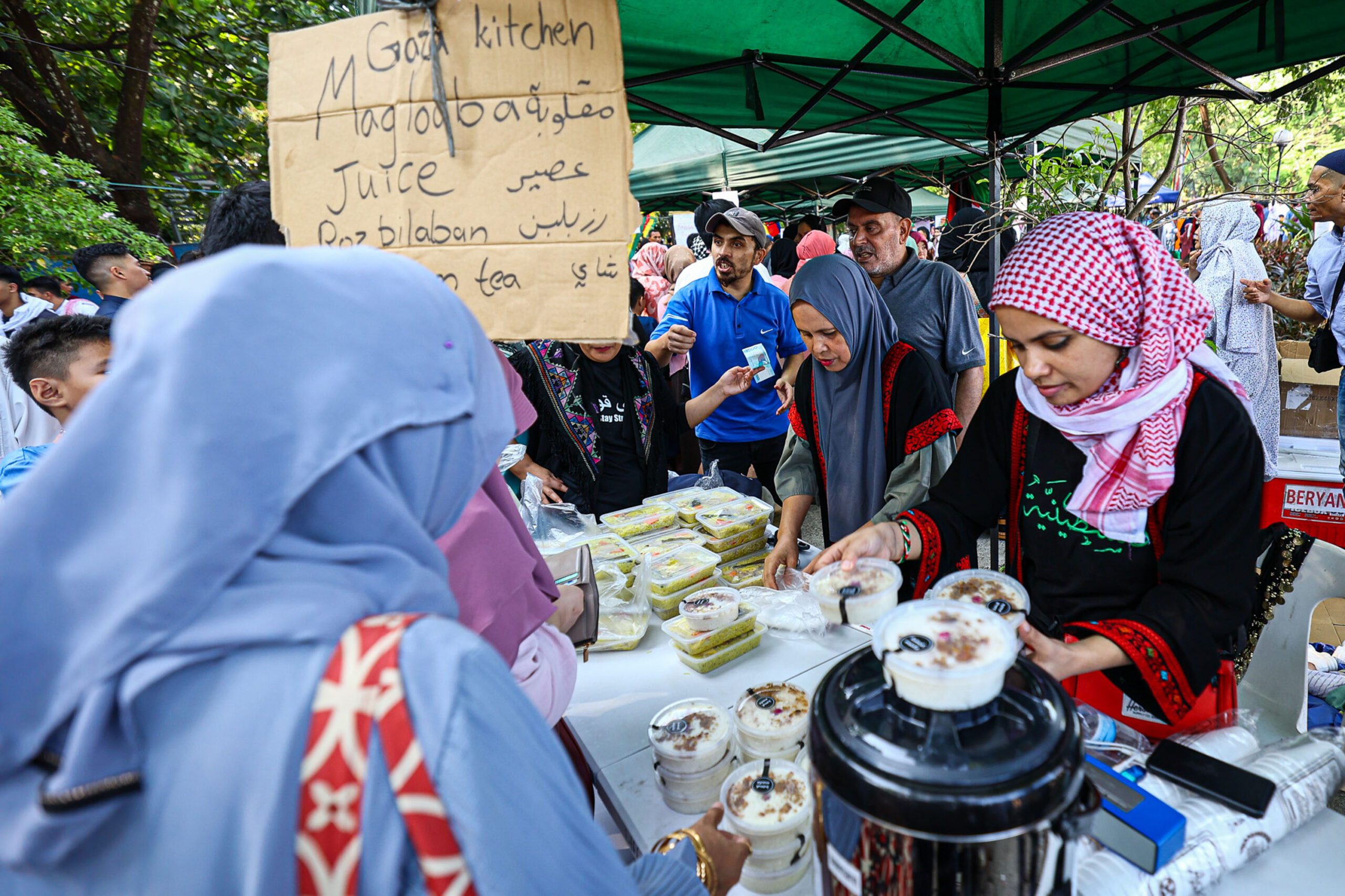
Zakat is a religious obligation to give a portion of one’s net income each year to benefit seven categories of recipients.
The seven recipients of Zakat al-Fitr have been listed in the Holy Quran, Martin said.
Qur’an 9:60 states, “Zakat is for the poor and the needy and those who are employed to administer and collect it, and for those whose hearts are to be won over, and for the freeing of human beings from bondage, and for those who are overburdened with debts and for every struggle in God’s cause, and for the wayfarers: this is a duty ordained by God, and God is the All-Knowing, the Wise.”
Mufti guidelines
The Bangsamoro Darul Ifta released guidelines over the weekend on how Zakat must be given.
Grand Mufti Abdulrauf Guialani said it is obligatory for all Muslims to give Zakat al-Fitr as stated in the hadith of Ibn ‘Umar.
He said it is much preferable to give basic food items, like staple rice, which can be given at least 2.5 kilograms for every recipient. Aside from rice, Guialani said money can also be given as Zakat.
Nisab threshold
In giving Zakat, a Muslim must have enough income to meet a “nisab” threshold that will enable the giver to share 2.5% of his or her excess income for the year, Martin said.
Martin said that as a practice, he gives Zakat to relatives, members of the family, and neighbors who are very much in need.
“This way, we are able to fulfill our religious obligation and at the same time free friends and relatives from financial burden,” he said.
In giving Zakat, one must keep it to oneself; it must not be announced nor tell the recipient that it is Zakat. The giver must trust that Allah knows his or her intentions in giving, he added.
Life-changing
Fish trader Marineth Karim, an Ilocana who converted to Islam when she married her Maguindanao husband, said Zakat is intended to ensure that the vulnerable, the poor, the needy, and the disadvantaged are looked after.
“Zakat ensures that our collective wealth finds its way to those who need it the most,” she pointed out.
In her experiences during Ramadan and in celebrating Eid’l Fitr for the past 16 years, Karim said it is indeed true that “while Ramadan is a month of sacrifice, it is also a month of harvest, a period that is full of blessings from Allah.”
In other countries, Zakat can be given online via an app like those being used by remittance companies.
Such method, however, still has to gain acceptance among locals as it can be prone to scams, Karim said. – Rappler.com
Add a comment
How does this make you feel?
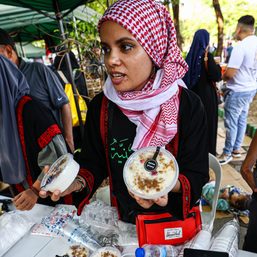
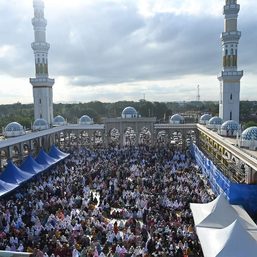
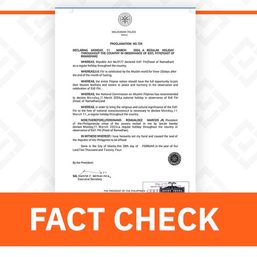
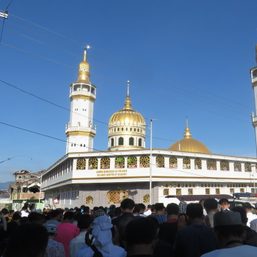


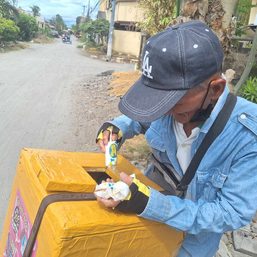









There are no comments yet. Add your comment to start the conversation.